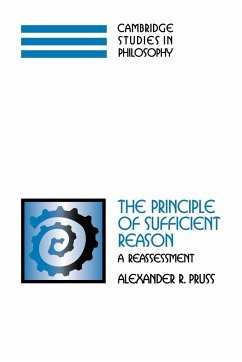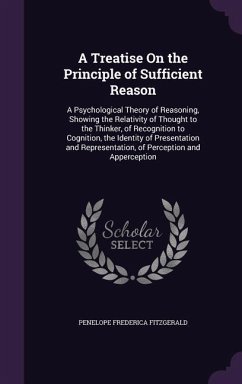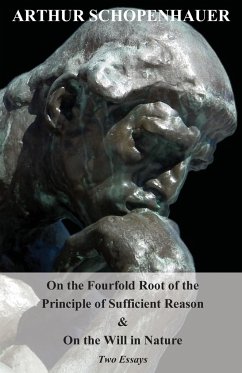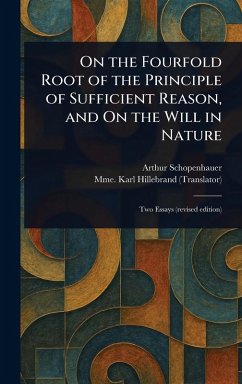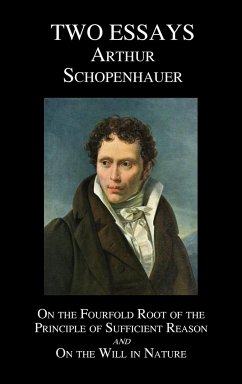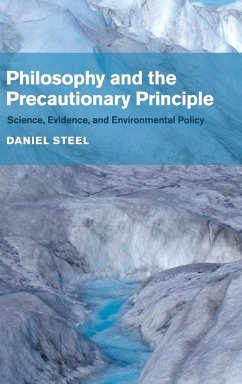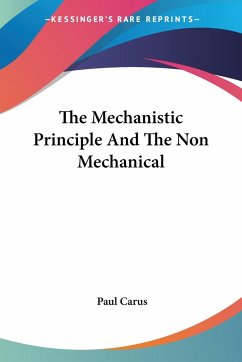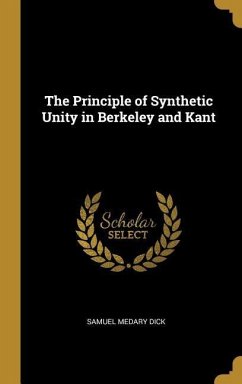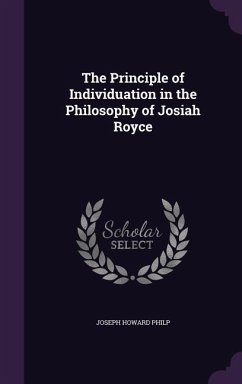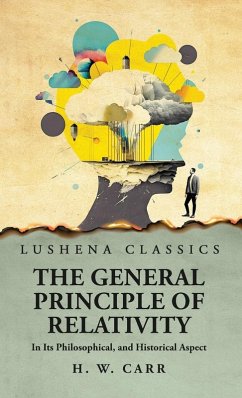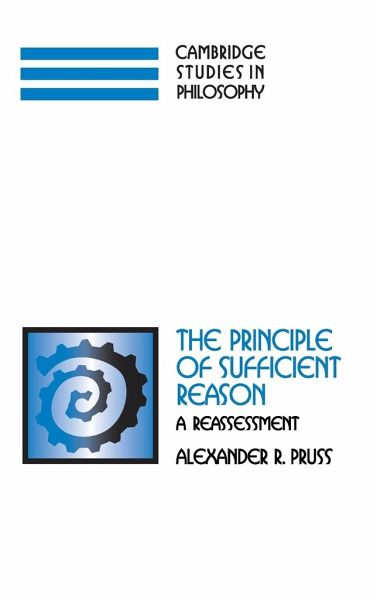
The Principle of Sufficient Reason
Versandkostenfrei!
Versandfertig in 1-2 Wochen
110,99 €
inkl. MwSt.
Weitere Ausgaben:

PAYBACK Punkte
55 °P sammeln!
The Principle of Sufficient Reason (PSR) says that all contingent facts must have explanation. In this volume, the first on the topic in the English language in nearly half a century, Alexander Pruss examines the substantive philosophical issues raised by the Principle Reason. Discussing various forms of the PSR and selected historical episodes, Pruss also provides a number of positive arguments, and shows how the PSR would advance the discussion in a number of disparate fields, including meta-ethics and the philosophy of mathematics.





